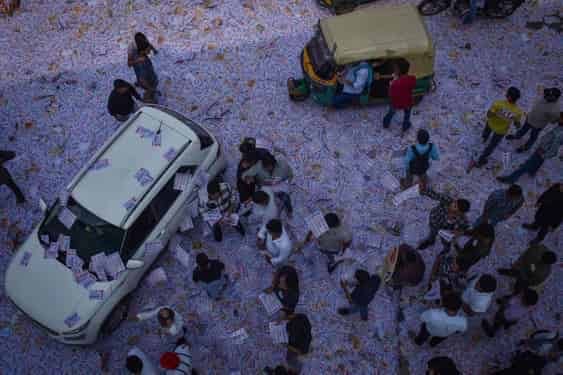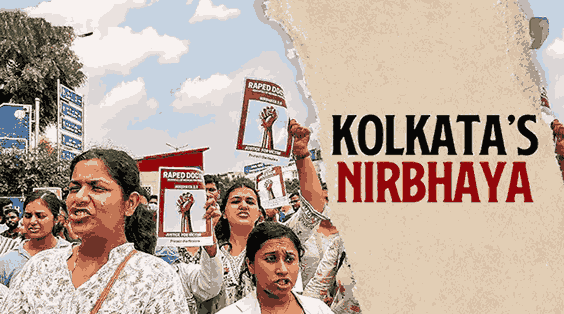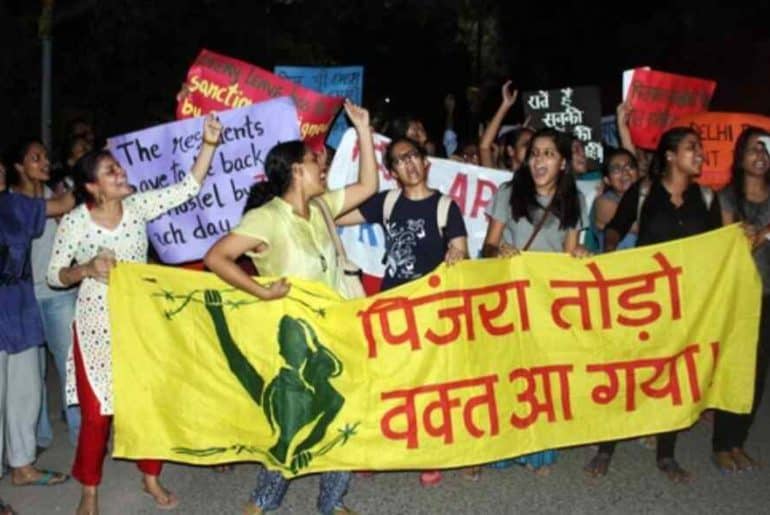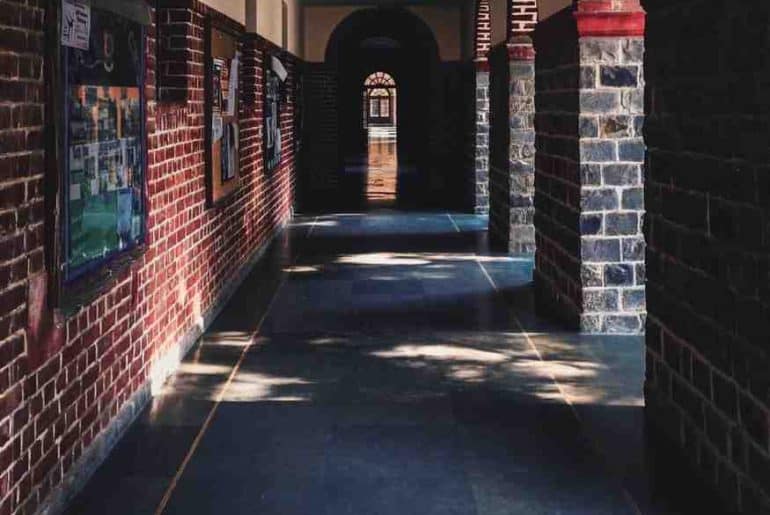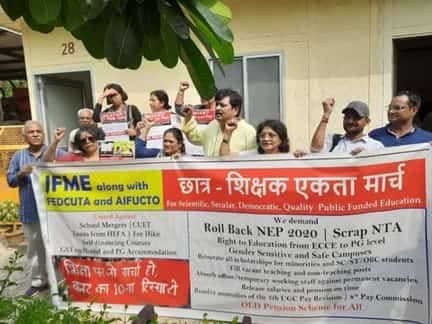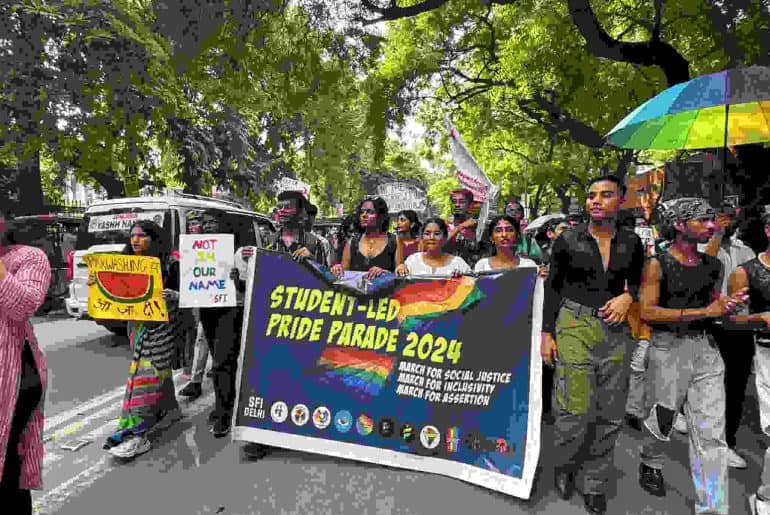Fraternity Movement, Delhi University released a statement on 19th September 2024, condemning the actions of NSUI members for confiscating and ripping the nomination form of their candidate, Yaseen K. Muhammad, in front of the DSW office gate. Representatives of the NSUI have declined to address the matter or refute the accusations.
On Thursday, 19th September 2024, Fraternity Movement Delhi University released a statement alleging that the National Students’ Union of India (NSUI) “goondas” forcibly confiscated and tore the nomination form of their candidate, Yaseen K. Muhammad, right outside the gate of Dean Students Welfare (DSW), Conference Centre, University of Delhi. This happened in front of the police officers and security guards, who refused to do anything and played mere spectators to the incident. The NSUI members have refused to comment on the issue and ignored the texts and calls asking them to deny or accept the allegations.
Yaseen K. Muhammad, in conversation with DU Beat, spoke about the incident:
“It was very terrifying that day. On the way to submit my nomination, I entered through gate no. 4 of the University of Delhi, Botany Department. As I entered gate no. 4, my documents were checked by the ABVP and NSUI members. They don’t have any right to check my papers, but they still checked my papers in front of the police and other security guards. I got the entry after their verification, and I went straight to the DSW office, where the nominations were to be submitted. At the gate to the DSW office, while I was stating my name and other details to the security guard, a NSUI cadre snatched my nomination form in front of everyone and tore it. To not leave any evidence, the person put the pieces of my nomination form in their pocket. All the high-ranking police officials and security guards surrounding us did not protect me, nor did they stop the NSUI members from snatching and tearing my nomination form.”
Interestingly, Yaseen had contested for the position of Vice President in the 2023 DUSU elections. However, his nomination form was rejected due to some discrepancies related to the documents. In the official statement, released on their Instagram page, Fraternity Movement, Delhi University stated:
“In an attempt to undermine the democratic process and avoid the consequences of a potential defeat in the DUSU elections, NSUI goondas restored to obstructive tactics by forcibly confiscating the nomination papers of Fraternity Movement candidates as they were en route to file them. These actions escalated further as the miscreants unlawfully entered the election commission office, endangering vital election documents. Alarmingly, the election commission showed no intention to intervene, effectively enabling these anti-democratic manoeuvres. This organised disruption by NSUI, driven by fear of losing the ideological contest, seeks to derail the electoral process.”
The DU Beat team tried to approach the NSUI members several times; however, the texts and calls were initially ignored. An NSUI member denied commenting on the issue by stating that he was out of station and refused to get us in contact with any other NSUI member who could speak on the issue. After multiple attempts, we briefly reached another representative. However, the call was cut short with a statement indicating a willingness to speak later. Despite follow-up efforts, no further communication was received by the time of the publication of the report.
A 2nd-year university student who accompanied Yaseen to the DSW office alleged that:
“While our candidate was allowed only one supporter to enter, the place was filled with ABVP and NSUI members and their supporters. If I am not mistaken, Abhi Dahiya (Vice President DUSU) was present there when one of his cadres snatched and tore the nomination form of our candidate. I have only had a year participating in all of this election fiasco, but I am very sure that NSUI members were the ones who ripped off Yaseen’s form.”
As of the latest updates, Yaseen will not be able to stand up for the position of secretary due to not being able to submit his nomination form. The Fraternity Movement movement, in their official statement, has demanded an extension of the nomination deadline and accountability for the perpetrators. However, the Delhi University authorities have not condemned nor released any statements regarding the incident.
Read Also: Controversy Erupts Over Tushar Dedha’s Presidential Candidature as DUSU VP Files Complaint
Featured Image: Arush for DU Beat
Reeba Khan

